- Arakan residents call for air raid warning systems amid surge in junta airstrikes
- Arakan’s Breathing Space (or) Mizoram–Arakan Trade and Business
- Death toll rises to 18 after junta airstrike on Ponnagyun village market
- Regime arrests dozens of Muslims in Sittwe over alleged Arakan Army links
- Over 200 IDPs in Ponnagyun struggle without shelter, food aid
Nuns go hungry in Sittwe
Buddhist nuns in the Arakan State capital Sittwe are going hungry as they can barely collect alms after many residents fled the town in the shadow of armed conflict, and amid a junta blockade.
28 Aug 2024
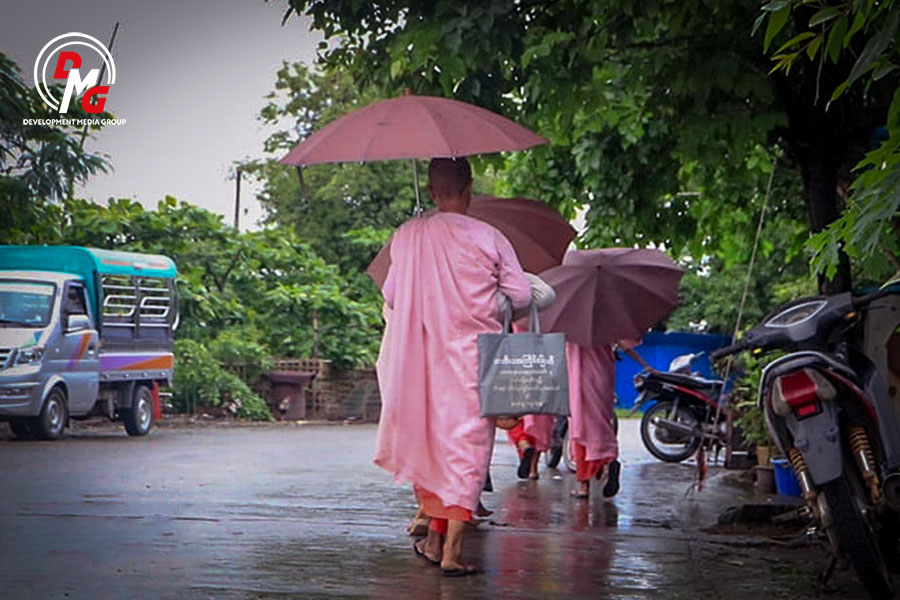
DMG Newsroom
28 August 2024, Sittwe
Buddhist nuns in the Arakan State capital Sittwe are going hungry as they can barely collect alms after many residents fled the town in the shadow of armed conflict, and amid a junta blockade.
Many residents have fled Sittwe, the seat of the junta’s administration in Arakan State, for fear of possible fighting between Myanmar’s military regime and the Arakkha Army (AA). Meanwhile, the prices of basic food have soared due to junta blockades, with the cost of a sack of rice soaring to an average of 270,000 kyats.
One nun from Sittwe said: “There are few donors, and we are struggling to eat two meals a day.”
Another nun said: “We can’t go for alms rounds. As the prices are high, laypeople can’t make donations like they did before. Nuns also need money for meals, medicines and so on. They are struggling to make ends meet.”
Sittwe residents said nuns would previously come in groups of more than 10 to the wards for alms, but now, only one to two nuns come.
“We don’t often see nuns now. People can’t make donations like before,” said another Sittwe resident.
There were more than 300 nuns in Sittwe before fighting between the regime and AA resumed in Arakan State in November. Around 100 have since fled.
One woman who helps collect donations for nuns in Sittwe said: “Nuns have to spend all the donations they receive on rice [because the rice price is high and donations are small]. They can’t eat meat. They have grown water spinach for consumption. They are having a hard time as many people have fled the towns.”





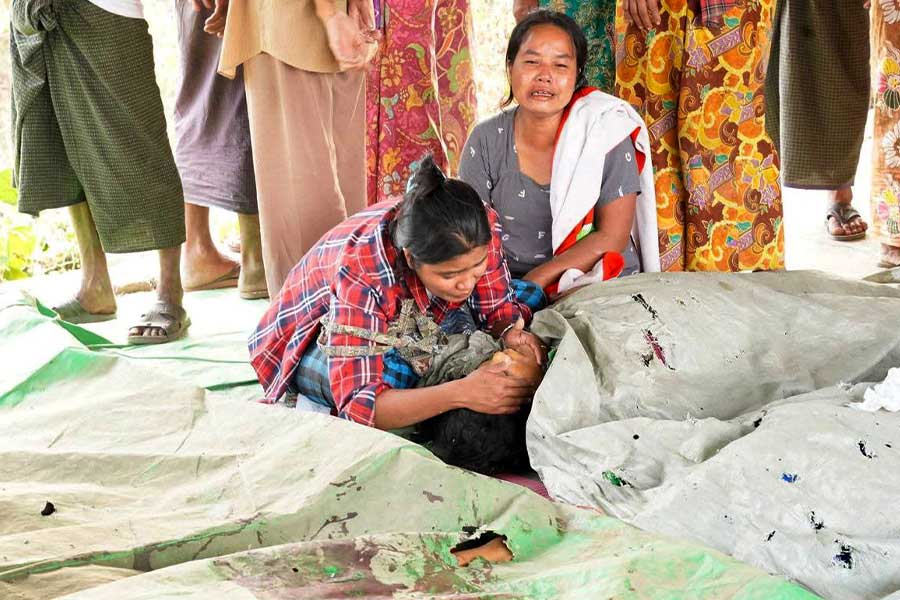
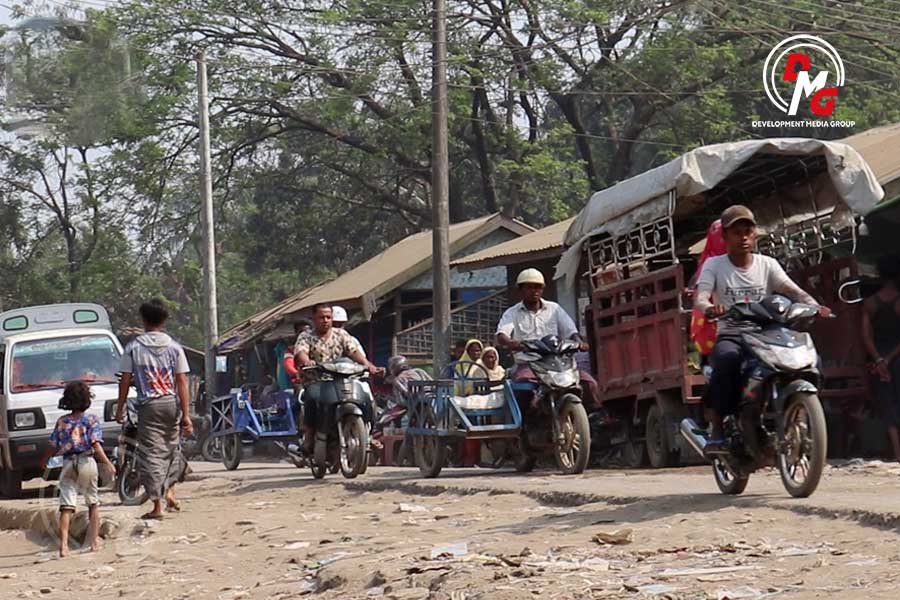
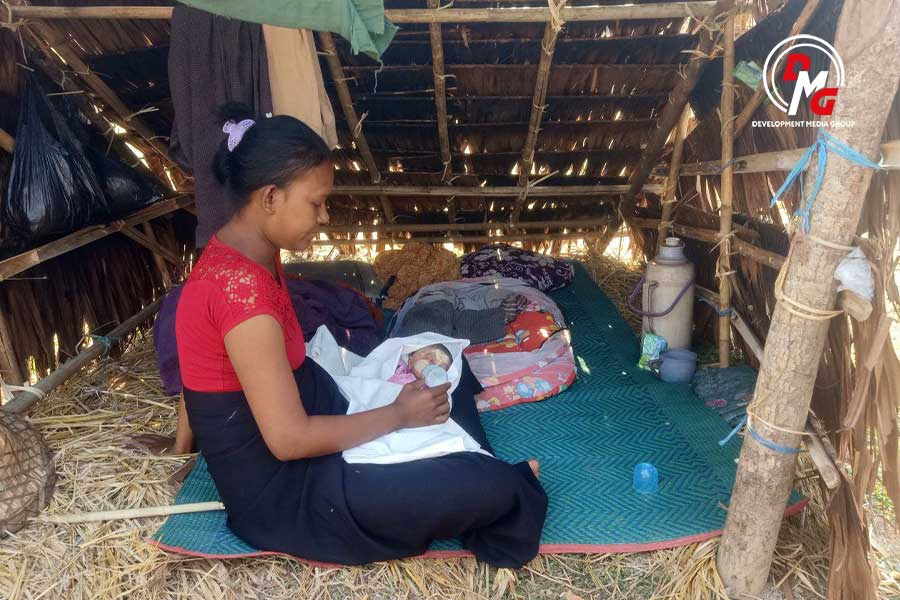
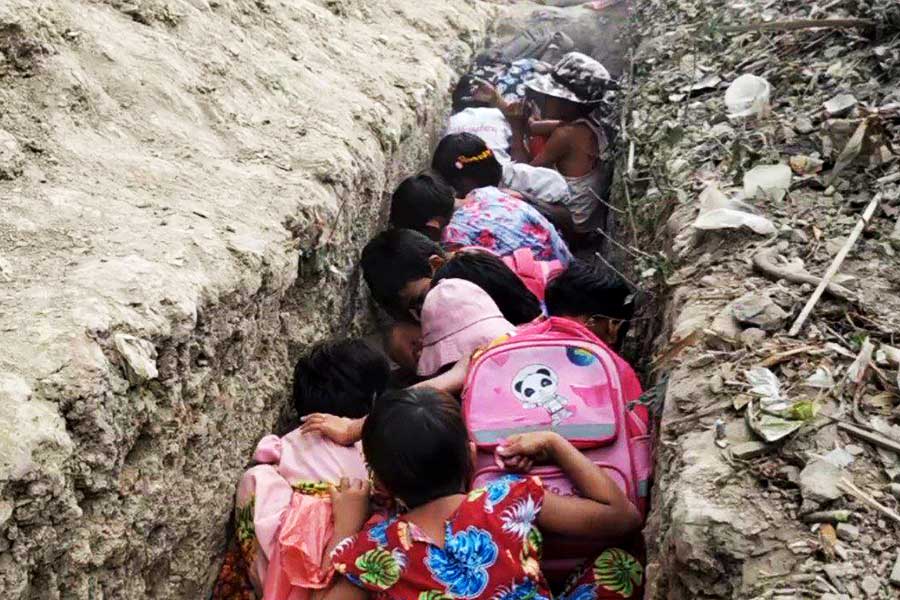








.jpg)